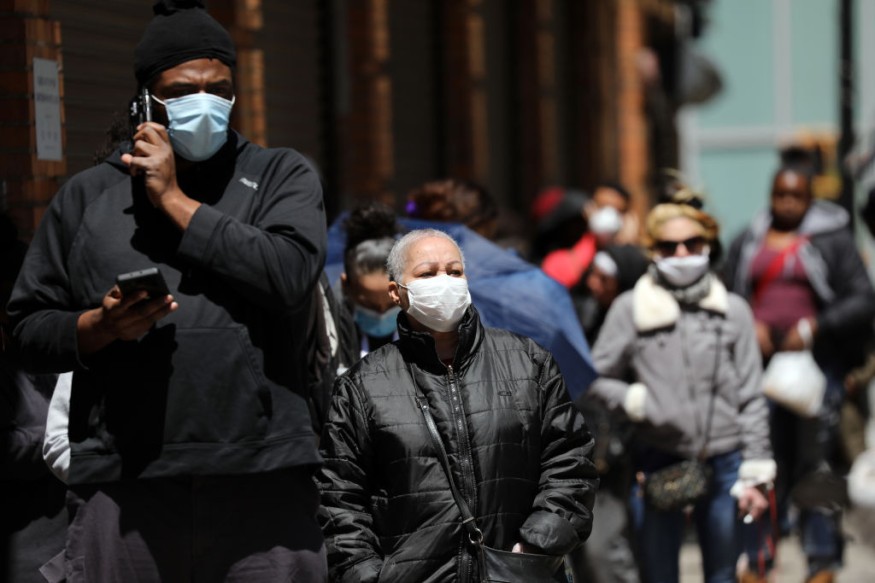A new medical study reveals that the monkeypox virus has mutated at an accelerated rate. The unexpected evolution was caused by a set of mutations we have not seen before from its previous strains.
Monkeypox Virus Might Have Mutated Quickly

After reemerging in May, the monkeypox virus already infected over 3,500 individuals across 48 countries. Since its detection in Africa, scientists suspect that the monkeypox disease might be more infectious than it once was due to new mutations identified from the virus.
Authors of the new monkeypox analysis discovered over 50 mutations we have not seen before from the virus. These changes were not recorded from the most damaging strains that surfaced between 2018 and 2019. According to the experts, the findings stunned them as it is common for a virus to gain only one or two mutations per year.
Monkeypox is one of the few rare illnesses caused by a virus suspected to have an association with monkeys and rodents. The microbe causing the disease is categorized as an orthopoxvirus and comes from the family of variolas, the suspect behind common smallpox. Science Alert reports that the monkeypox virus is endemic throughout West and Central Africa but does not frequently spread outside where it usually emerges.
In 2022, a massive outbreak of monkeypox was detected beyond the African regions. The phenomenon caught international health groups such as the World Health Organization (WHO) off guard, and this event caused many institutes to be hesitant to classify the event as a global health emergency.
ALSO READ : 30-Year-Old Woman Had Double Pregnancy with One-Month Interval; Is 'Superfetation' Dangerous?
Monkeypox Outbreak Today
According to STAT, the monkeypox virus strains are categorized in two separate lineages: the Congo Basin clade and the West African clade. Each line has a distinct fatality rate, killing ten percent and one percent of the total populations it infects, respectively. The clade that causes the current outbreak is traced to the West African strain.
Because of its lesser DNA features compared to HIV, the monkeypox was first expected to accumulate only a few mutations when it appeared back in 2018. However, the new study shows that 15 monkeypox viral samples have six to 12 times more than the predicted mutations.
Previous studies established that the monkeypox could be passed between people through close skin contact, bodily fluids, respiratory droplets, and skin lesions. The latest findings suggest that the virus might have undergone improvement and could now infect its host through a different transmission path.
The Centers for Disease and Prevention (CDC) explained that the monkeypox is commonly passed throughout a population with the help of rodents. Among the species of the order suspected as carriers of the disease are giant-pouched rats, rope squirrels, and brush-tailed porcupines.
The study was published in Nature Medicine, titled "Phylogenomic characterization and signs of microevolution in the 2022 multi-country outbreak of monkeypox virus."
RELATED ARTICLE : Inhaling Air Pollution Harms Your Brain Directly, Here's How
Check out more news and information on Medicine and Health in Science Times.












